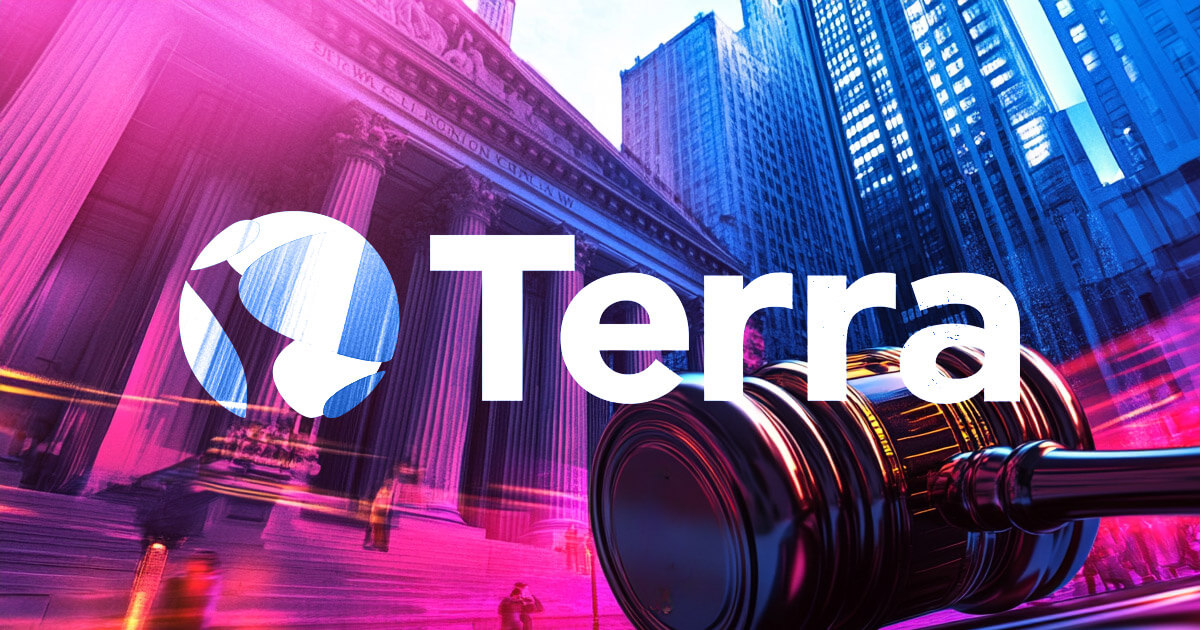Kim Nam-kuk, a notable South Korean lawyer and politician, is reportedly set to liquidate his cryptocurrency holdings. This decision comes amidst a brewing controversy surrounding potential conflicts of interest associated with his crypto assets.
Democratic Party to Launch Investigation
Nam-kuk is a member of the Democratic Party (DP), which has announced its intent to launch an investigation. The purpose? To verify whether Nam-kuk complied with local regulations while acquiring his cryptocurrency tokens.
In light of allegations that Nam-kuk could have exploited insider information to acquire approximately 800,000 Wemix coins, the DP calls for a thorough investigation. Additionally, there are concerns that Nam-kuk may not have adhered to domestic regulations while handling these tokens several years ago.
The DP has taken a strong stance, urging Nam-kuk to sell his Wemix coins. These allegations and the subsequent investigation are not only significant for Nam-kuk but could also have implications for other members of the DP.
While Nam-kuk is the primary focus of the investigation, the examination scope could potentially broaden to include other DP members.
Possible Impact on Other Party Members
“Outside experts with specialist knowledge could join the investigation if necessary because coins involve things hard for ordinary people to understand,” stated Kwon Chil-seung, a spokesperson for the DP.
Amid the swirling controversy, Nam-kuk has publicly committed to full cooperation with the investigation. In addition, he has agreed to sell his cryptocurrency holdings, which are worth approximately $700,000 at the time of writing.
“I received the recommendation from the party to sell my crypto assets. I will faithfully implement the recommendation. Furthermore, I will transparently disclose data to the investigation team and undergo the inquiry faithfully,” Nam-kuk said.
Notably, Nam-kuk was instrumental in proposing a bill to delay income taxation on digital assets. That occurred several months before he withdrew his Wemix tokens.
South Korea and Crypto Taxes
Cryptocurrency taxation in South Korea has been a contentious issue. Authorities initially planned to apply a 20% levy on gains from cryptocurrency trading from 2022. While this proposed legislation stirred debates among lawmakers, it was generally welcomed by most South Korean citizens.
The People Power Party proposed in October 2021 that the new tax rule should be enforced with a year’s delay, starting from January 1, 2023. They further suggested that individuals with annual profits of less than $42,000 should be exempt from this tax.
The Democratic Party also advocated for the postponement of the bill. Woong-rae, a member of the DP, pointed out that the country has not adequately prepared a plan focused on the taxation process. He stated, “In a situation where the relevant taxation infrastructure is not sufficiently prepared, the deferral of taxation on virtual assets is no longer an option but an inevitable situation.”
Final Decision on Cryptocurrency Taxation
After considerable deliberation, the Korean government has decided to delay the taxation rule until 2025. This means more years of breathing space for local cryptocurrency traders and enthusiasts.
Despite the initial pushback and ongoing debates, the South Korean government has deferred the implementation of the cryptocurrency taxation rule until 2025.
Once enacted, the taxation rule will apply to all locals whose annual profits from cryptocurrency exceed $1,900. This decision marks a significant milestone in the Korean government’s approach to regulating digital assets.
Conclusion
The controversy surrounding Kim Nam-kuk’s cryptocurrency holdings and the impending investigation by the Democratic Party is indicative of the complex landscape of cryptocurrency regulation and taxation in South Korea.
None of the information on this website is investment or financial advice and does not necessarily reflect the views of CryptoMode or the author. CryptoMode is not responsible for any financial losses sustained by acting on information provided on this website by its authors or clients. Always conduct your research before making financial commitments, especially with third-party reviews, presales, and other opportunities.
Credit: Source link















































